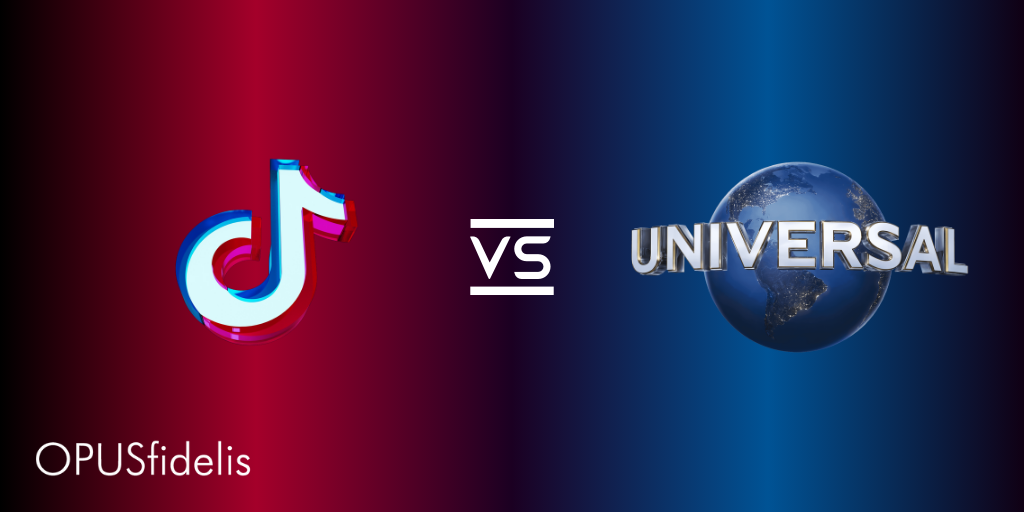Earlier this month, Universal Music Group (UMG) removed all of its tracks from TikTok due to failed negotiations regarding musical usage rights.
Universal won’t cave to TikTok’s intimidation
According to Social Media Today, when UMG’s licensing agreement with TikTok expired on January 31, the music group decided to cut its ties with the social media app because it would not agree to UMG’s requested artist compensation levels or provide stringent enough “safeguards about generative AI usage.” UMG recently commented on the split:
“[During our negotiations], TikTok attempted to bully us into accepting a deal worth less than the previous deal, far less than fair market value and not reflective of their exponential growth. How did it try to intimidate us? By selectively removing the music of certain of [sic] our developing artists, while keeping on the platform our audience-driving global stars. TikTok’s tactics are obvious: use its platform power to hurt vulnerable artists and try to intimidate us into conceding to a bad deal that undervalues music and shortchanges artists and songwriters as well as their fans.”
The future of music sharing on social media
For a social media platform where music is an essential part of users’ content creation – with executives going so far as to state that “music is at the heart of [its] experience,” this parting of ways is going to significantly alter the TikTok experience. UMG is currently recognized as the largest music label corporation in the world, controlling over 95% of the global music market; it owns the rights to music from some of the most beloved artists of our time, including Billie Eilish and Taylor Swift. And as of February 1, any TikTok content utilizing songs belonging to UMG has been muted, which means many videos are now silent.
It is uncertain what the long-term impact of this split will be, but it doesn’t appear that TikTok will alter its course anytime soon. The last public statement regarding the disagreement, released on January 30, read:
“It is sad and disappointing that Universal Music Group has put their own greed above the interests of their artists and songwriters.
Despite Universal’s false narrative and rhetoric, the fact is they have chosen to walk away from the powerful support of a platform with well over a billion users that serves as a free promotional and discovery vehicle for their talent.
TikTok has been able to reach ‘artist-first’ agreements with every other label and publisher. Clearly, Universal’s self-serving actions are not in the best interests of artists, songwriters and fans.”
This corporate impasse marks a significant moment in social media and music history, and future data will reveal who holds more power in the world of music distribution: social media platforms, or record labels.
A contributor to Forbes magazine recently shared her thoughts on the matter:
“Does music have such a massive impact on TikTok users that it will impact user growth or encourage users to go to a TikTok competitor that can offer the music they want? Or will this move hurt UMG artists and their affiliated artists more because TikTok is a major music discovery tool? …
[This] standoff between Universal Music Group (UMG) and TikTok, highlight[s] the complexities of music rights and artist compensation in the digital age, [and] underscores the evolving relationship between music labels, streaming platforms, and the creators they represent. As this dispute unfolds, it serves as a critical moment for the industry, potentially reshaping how music is distributed, consumed, and valued, with far-reaching implications for artists, labels, and platforms alike.”


